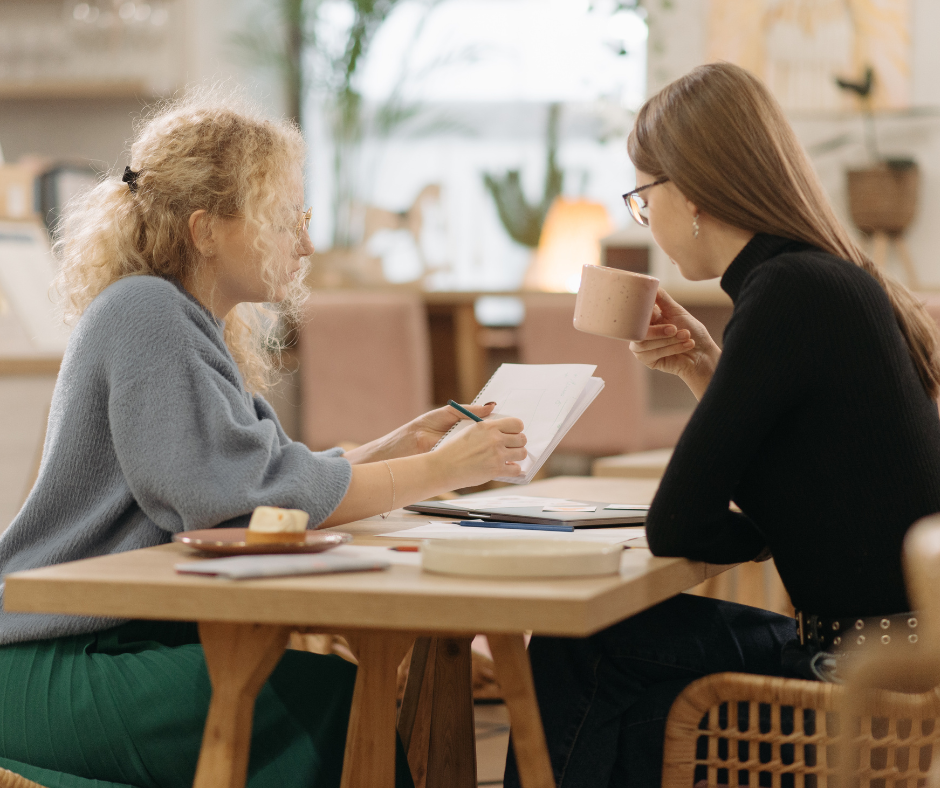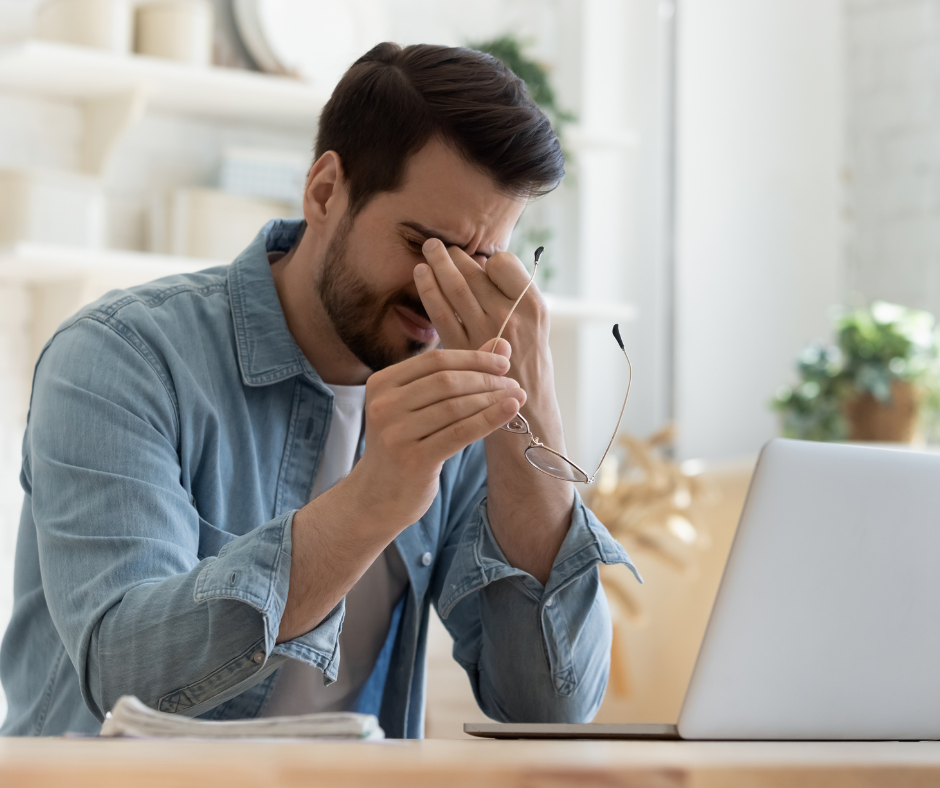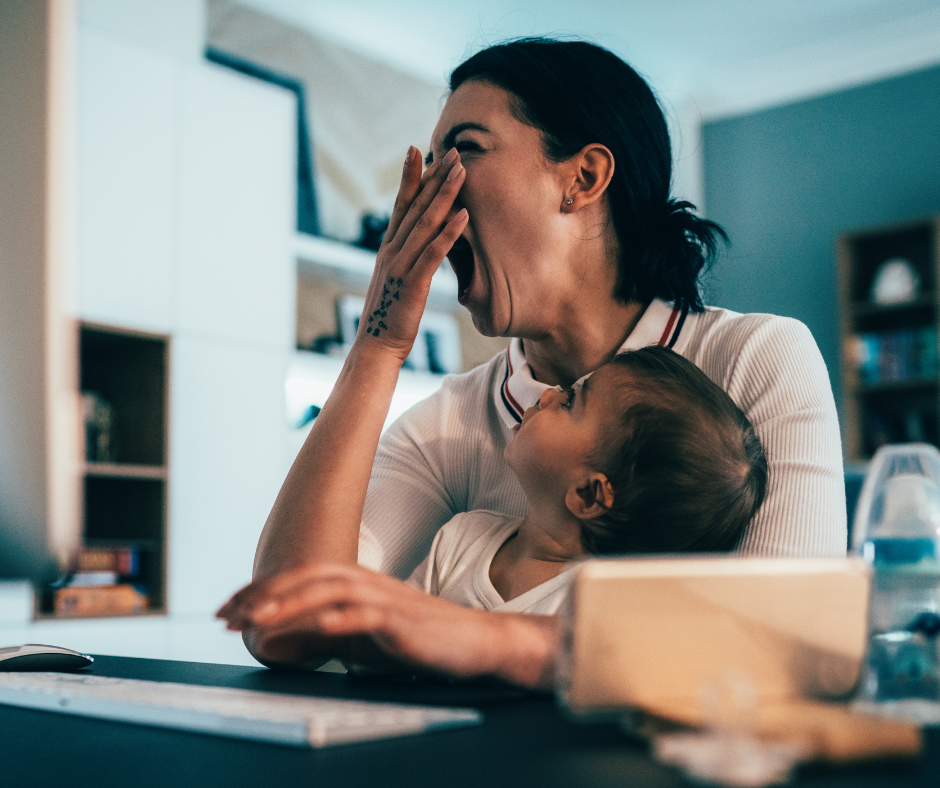Self-help Tips to Fight Exhaustion and Fatigue




With today’s 24/7 schedules, tiredness is a given, but prolonged feelings of exhaustion can limit our ability to go about our normal daily lives. According to a new Kalms survey, just over one-fifth (21%) of UK adults experience long-term fatigue and exhaustion.1
To help, try these self-help strategies to help reset, reenergise, and overcome exhaustion.
Establish healthy work and social boundaries
Almost half (41%) of UK adults often feel stressed, overwhelmed or exhausted due to their jobs and over one-sixth (17%) feel that their active social life leaves them feeling stressed and tired.1 Whether its social or work related, we all need breaks, so it’s important to make time for yourself and recognise when your cup is full. While it may be easier said than done, we all have our limits so try and be bold enough to prioritise your own well-being, learn when to say no and ‘leave the party on a high’.
Set realistic expectations
Just over one-third (34%) of adults surveyed struggle to carry the mental load of all our responsibilities and obligations,1 which may contribute to feelings of exhaustion and fatigue. Try to set realistic expectations on what can reasonably be achieved in the time you have. Set a timer to help you get jobs done in short time frames or carve out a specific time period to prioritise taking a moment for yourself such as a 30-minute power nap or solo walk in nature.
Ask for and accept help
Almost half (46%) of UK adults say yes to doing things regardless of their own capacity or interest in doing them,1 yet spreading yourself too thin means that things can start to slip through the net leaving you overexerting yourself in order to do it all. Fewer things get missed when we have more energy and the ability to focus on what really matters which is why asking for help from those around you is so important. It really does take a village to get things done and accepting help can lessen the load and provide you with a support system that you can rely on.
Prioritise health and well-being
67% of UK adults admit that they don’t do enough exercise with half (50%) saying that they don’t drink enough water.1 Good health is fundamental to living and ageing well so it’s important to make healthy lifestyle choices. While it may seem counterintuitive, exercise can actually provide you with more energy and the motivation to get you through the day. Activities that stimulate the body’s relaxation response, like yoga and Pilates are great because they can help to calm our nervous system. For additional support in the short-term, you can also try an herbal remedy, such as Kalms Rhodiola, used to help regulate stress.
Shop now here.
- 12th June 2024
